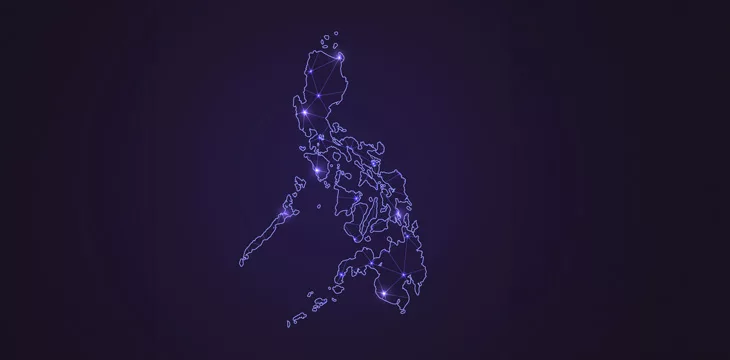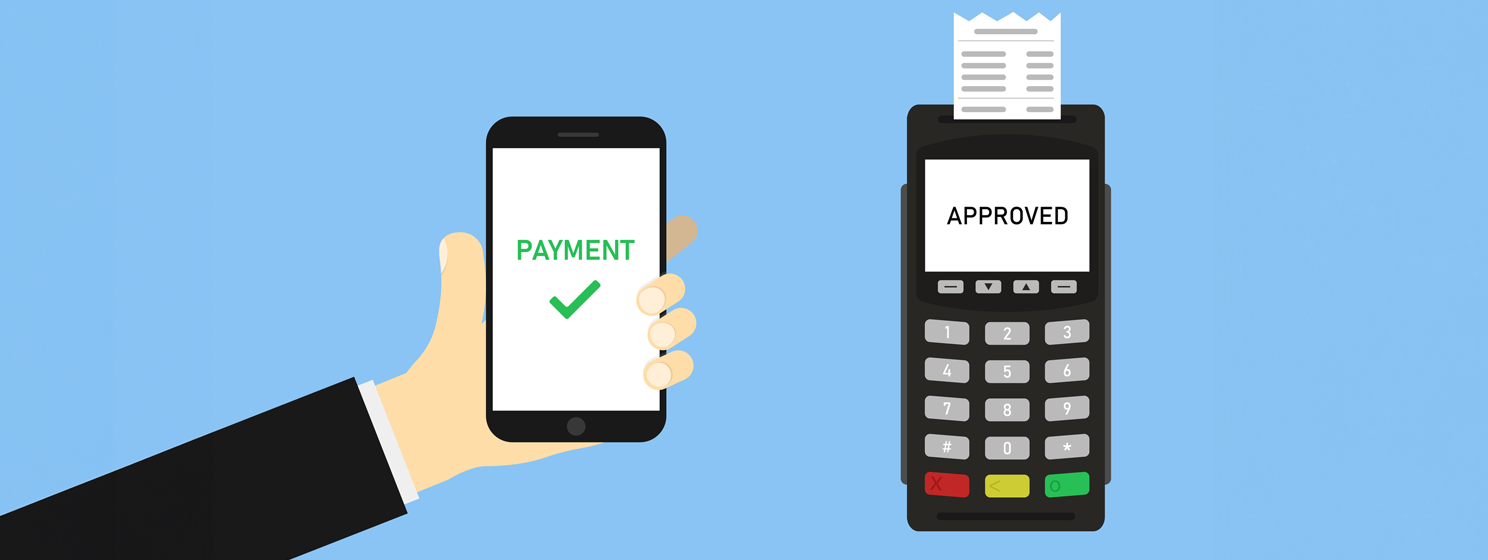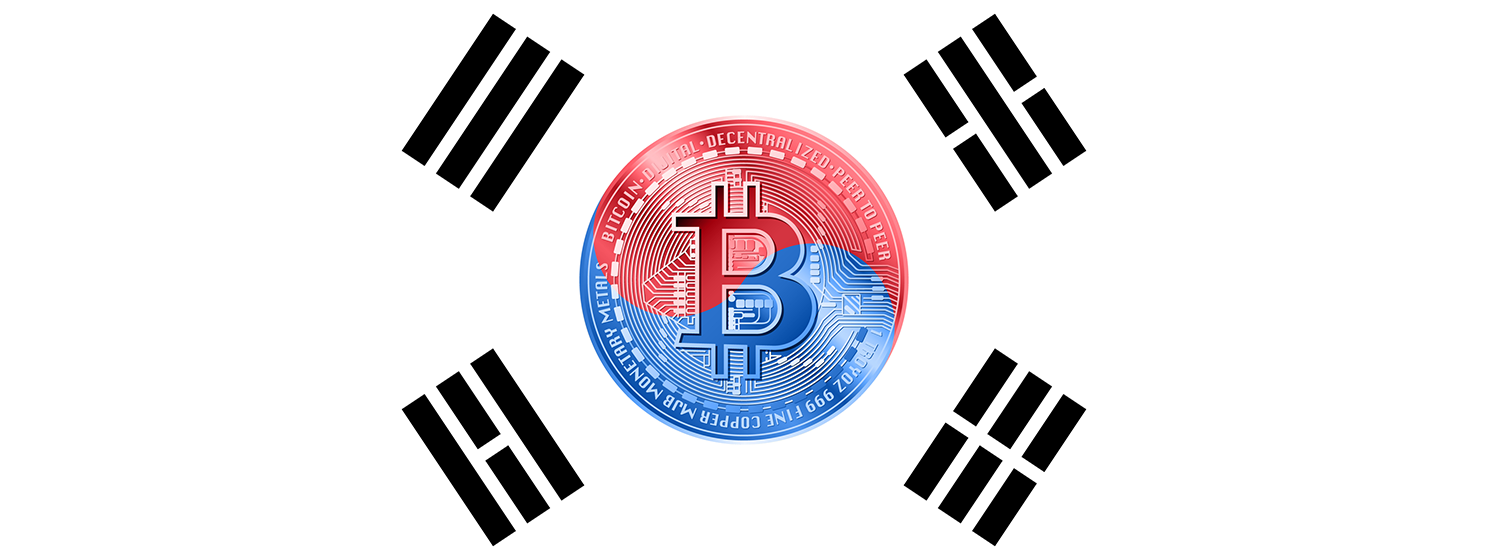|
Getting your Trinity Audio player ready...
|
The Philippines unveiled its first government blockchain, eGOVchain, during the kick-off of the National Information and Communications Technology (ICT) Month 2024 at the Philippine International Convention Center (PICC) in Pasay City. The development was announced by Department of Information and Communications Technology (DICT) Undersecretary David Almirol Jr. in his address.
Almirol said this innovative platform is set to enhance transparency, security, and efficiency across various government services.
“We initiated the eGOVchain, which will be the Philippines’ first government blockchain,” Almirol said.
The initiative aims to establish a decentralized, encrypted ledger system that protects data from internal and external threats.
“We hope to launch the second node before the end of the year, with the help of private companies, and to become one of the first countries to have a government blockchain-enabled system,” he added.
Almirol emphasized the role of blockchain in promoting transparency, cybersecurity, and simplifying integration processes. He said that blockchain technology would ensure data integrity and security, which is crucial for maintaining public trust and efficiency in government transactions.
Simplifying government processes with digital platforms
DICT’s efforts to streamline government services are encapsulated in its five-pillar strategy under the e-Gov office. These include developing e-government platforms, assisting local and national government agencies, innovating at the grassroots level, building cloud services and aligning government information systems.
“We are developing e-government platforms to align government agencies and reduce redundancies,” said Almirol. The eGov platforms are designed to integrate existing systems and assist agencies lacking digital infrastructure, fostering a more cohesive and efficient public sector.
Key platforms and initiatives
Almirol highlighted the development of 24 foundational platforms, of which 17 are already operational. These platforms, built in-house by DICT’s R&D team, include the eGovernment Data Exchange (eGovDX), the eGov Super App, and the Digital National ID.
eGovernment Data Exchange (eGovDX)
The eGovDX platform aims to enable seamless communication among government agencies, supporting a “once only” policy where data entered by one agency does not need to be re-entered by others. “This will save billions of pesos by reducing repeated information submissions and improving data management,” Almirol noted.
eGov Super App and innovations in cloud services
Launched earlier this year, the eGov Super App integrates 21 modules from 75 national government agencies and 800 local government units. It offers a one-stop shop for various government services, from passport applications to business permits.
“We aim to have 20 million downloads by the end of the year and integrate 55 new government services,” said Almirol.
Meanwhile, the DICT’s eGov Cloud initiative is another significant step towards modernization. It aims to optimize and consolidate cloud services across government agencies, reducing redundancy and underutilization.
“The eGov Cloud will simplify management and integration, saving substantial costs and improving cybersecurity,” Almirol explained.
Financial inclusion and eGovPay
In collaboration with the Department of Finance (DOF), the DICT is also developing eGovPay, a system designed to simplify government payment processes.
“eGovPay will promote transparency, lower costs, and provide official receipts for online transactions,” Almirol said.
Grassroots innovation and local government integration
The DICT also places significant emphasis on grassroots innovation, providing digital tools and platforms to local government units (LGUs). The eLGU system, which includes business permit issuance and various local certificates, is now used by over 820 LGUs, according to Almirol.
“Innovation must start at the grassroots level. We need to assist down to the LGU level,” the DICT Undersecretary stressed.
Digital national ID and enhanced accessibility
The Digital National ID, integrated into the eGov Super App, is another cornerstone of the DICT’s digital transformation strategy. With 85 million registered users and 72 million digital IDs generated, this initiative simplifies identity verification across government services.
“Just download the eGov app, and your national ID is on your phone,” Almirol encouraged.
Future prospects and simplification goals
Moreover, Almirol reiterated the DICT’s commitment to digital transformation and simplification.
“Simplification is digitalization. The more we complicate things, the less we can achieve. Our goal is to simplify, simplify, simplify,” he said, echoing the directive of DICT Secretary Ivan John Uy.
With these initiatives, the DICT aims to create a more efficient, transparent, and user-friendly government service ecosystem, paving the way for a digitally empowered Philippines.
June is National ICT Month 2024
According to the DICT’s website, the National ICT Month 2024, with the theme “Bayang Digital ang Bagong Pilipinas,” is a month-long celebration envisioning a Philippines where digital connectivity unites every Filipinos, where government services are streamlined through technology, where cyber safety is prioritized and where innovation and growth opportunities abound for every citizen.
Want to learn more about the fundamentals of blockchain technology? Check out the BSV Blockchain Resources page where you can download useful ebooks—from unleashing the value of extreme scale data to understanding the potential of the Metaverse, among the many topics—for free.
Watch: The Philippines is at the forefront of blockchain tech adoption

 03-04-2026
03-04-2026 




